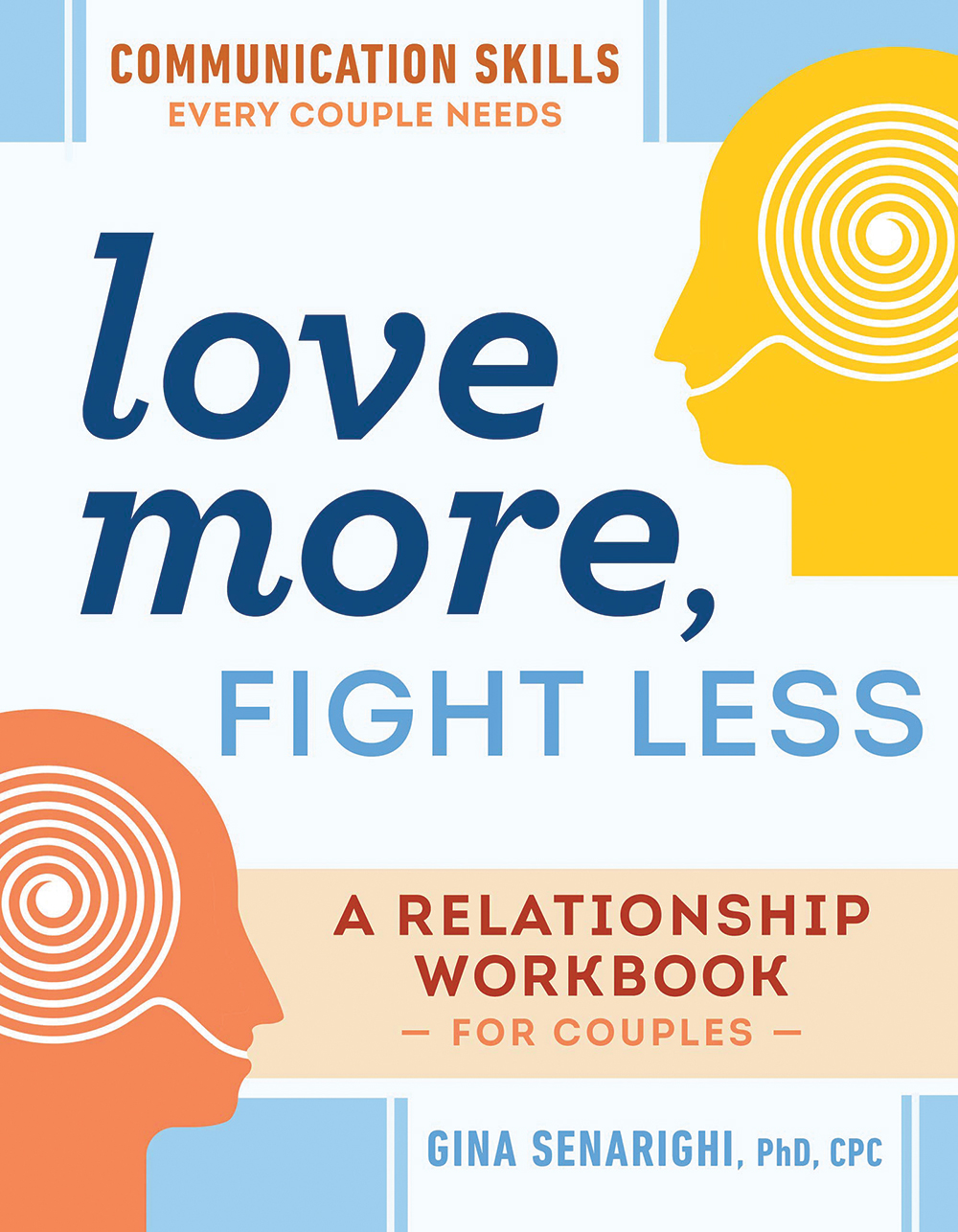When Rae came out as non-binary trans, our friends treated it like a death sentence for our relationship. None of us had seen a couple successfully stay together through transition. The statistics from the National Gay and Lesbian Task Force on couples making it successfully through coming out looked bleak.
Rae and I knew there might be challenges and set out to create a resilient experience for our partnership through whatever surprises might come up. I want to share several of the things that kept us together while we watched other non-binary and cisgender partnerships fall apart around us from my perspective as a cisgender partner of a non-binary trans person and as a couple therapist.
The pressures of oppression are so great for transfolks and their families already. It breaks my heart to add breakups in the mix. Even if a couple can’t stay together, my hope is by sharing some of the resiliency factors that helped us, it might help others reflect on their relationships and stay compassionately connected in queer community.
Hold space for your own concerns
First, as a cisgender partner it’s important to hold space for your own concerns about the change in your relationship’s perception by others. Your partner will still be the same person, but the world around them will begin to respond to them, and to the two of you, differently. It’s okay to have questions or concerns, and for you to seek out support to process that with a trustworthy professional. Your partner will be facing lots of other people’s projections about their identity and will likely need a break from that within your relationship.
Check your assumptions
Second, check your assumptions about what your partner needs, and then check again later. Check out that sentence at the end of the last paragraph. Did you read the assumption in there? There’s an assumption your partner might want a reprieve from processing other people’s feelings about their gender when they’re with you. But that may not be true for your partner or it may only be true sometimes.
Checking assumptions means noticing when I assume I know what my partner wants or needs and acting without asking them. It’s really important to ask your partner. For example, “I am thinking you need a break from hearing about other peoples’ experiences of your gender. When you’re open to it, I would like to share some of what’s been going on for me. Let me know when we can talk about it.” This might give them the option to talk when and if they want to and checks your assumption about their needs.
Question and play with your own gender
Third, start questioning and playing with your own gender. One of the most wonderful parts of being a cisgender partner of a non-binary person is that witnessing his experience creates room for my own exploration. His willingness to live in integrity inspires me to check in with my own gender curiosity and defaults. It creates room for me to fortify my own gender-integrity in response.
Be an ally to your partner
Finally, be your partner’s strongest ally. They will be doing some incredibly brave work in the world, and sometimes it will be exhausting. It’s critical that you two create a sense of unity and teamwork when you face oppression so neither of you feel abandoned.
Remember the road to true allyship is never smooth. Have some humility as you learn to support your partner and other trans and non-binary folx in meaningful ways. Becoming a solid ally and a strong team takes intentional practice, so do give yourself space to learn, and make mistakes—but always challenge yourself to learn from, repair, and make changes when mistakes are made.
In our 10 years together, I’ve seen many wonderful people who couldn’t stay in relationship through a non-binary coming out. I’ve been deeply saddened watching so many wonderful people harmed by multiple layers of oppression lose some of their strongest supporters.
Transgender and nonbinary folks and their partners already face so many additional barriers, it is my hope to help you have a few tools to boost your relationship’s resilience to keep supportive and nurturing partnerships, no matter your place in a coming out process.
Gina Senarighi, Ph.D., CPC is a Madison-based certified relationship coach, retreat leader, speaker, and author specializing in human connection, intimacy, authenticity, shame-resilience, and alternative relationships.
























0 Comments